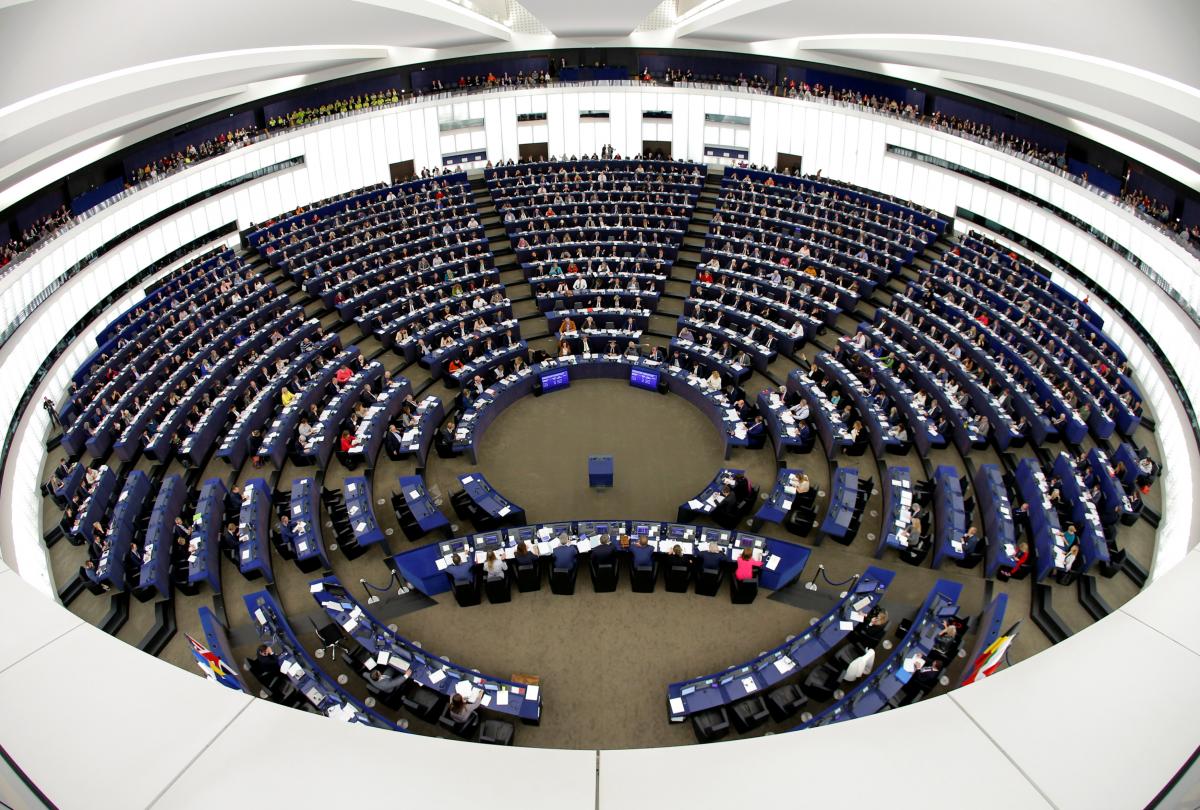
European Union nations backed a plan to regulate Russia's Nord Stream 2 pipeline on Friday, a move that will likely slow but not rule out its construction.
The long-stalled agreement comes after a last-ditch German and French push to amend the draft and give Berlin a greater say in how to ensure the pipeline to carry Russian gas to Europe under the Baltic Sea complies with EU law, Reuters said.
Chancellor Angela Merkel hailed the vote as an example of Berlin's close ties with Paris after the two major European powers, which both have firms invested in the project, were publicly at odds ahead of the EU meeting.
Read alsoFrance, Germany reach compromise on Nord Stream 2
Nord Stream 2 has divided the EU, with German opposition to the new draft rules stalling discussions since it was proposed by the EU executive in November 2017.
Eastern European, Nordic and Baltic Sea countries see the 1,225 km (760 mile) pipeline, which is already under construction, as increasing EU reliance on Moscow, while those in northern Europe, especially Germany, prioritize the economic benefits.
EU capitals overcame differences on Friday over shared geopolitical concerns that the pipeline would deprive Ukraine of transit fees that are a lifeline of its economy by doubling the amount of gas that could be pumped under the Baltic Sea.
Such worries have driven fierce U.S. lobbying against the Russian project.
A French official rejected suggestions that Washington's threat to sanction the project broke the EU logjam. "We don't make decisions based on U.S. bravado," the official said.
France had long raised concerns in private about the pipeline, not wanting to be seen as supporting the U.S. stance, and French President Emmanuel Macron discussed it at least four times with Merkel, said another source familiar with the issue.
The draft law will likely require a change in business model for the project, led by Russian state energy firm Gazprom in partnership with five Western firms – Germany's Uniper and BASF's Wintershall unit, Anglo-Dutch firm Shell, Austria’' OMV and France's Engie.
The pipeline plan has become increasingly controversial since Russia's annexation of Ukraine's Crimea in 2014.
In an effort to address concerns, Merkel has insisted that gas volumes must continue via Ukraine – the traditional route for supplies that make up over a third of the EU's gas needs.
So far, EU-mediated talks between Russia and Ukraine have failed to agree the terms of such transits before their current contract expires by year's end. "Russia has been in wait-and-see mode, but this compromise gives the European Commission major leverage," said one of the sources.

